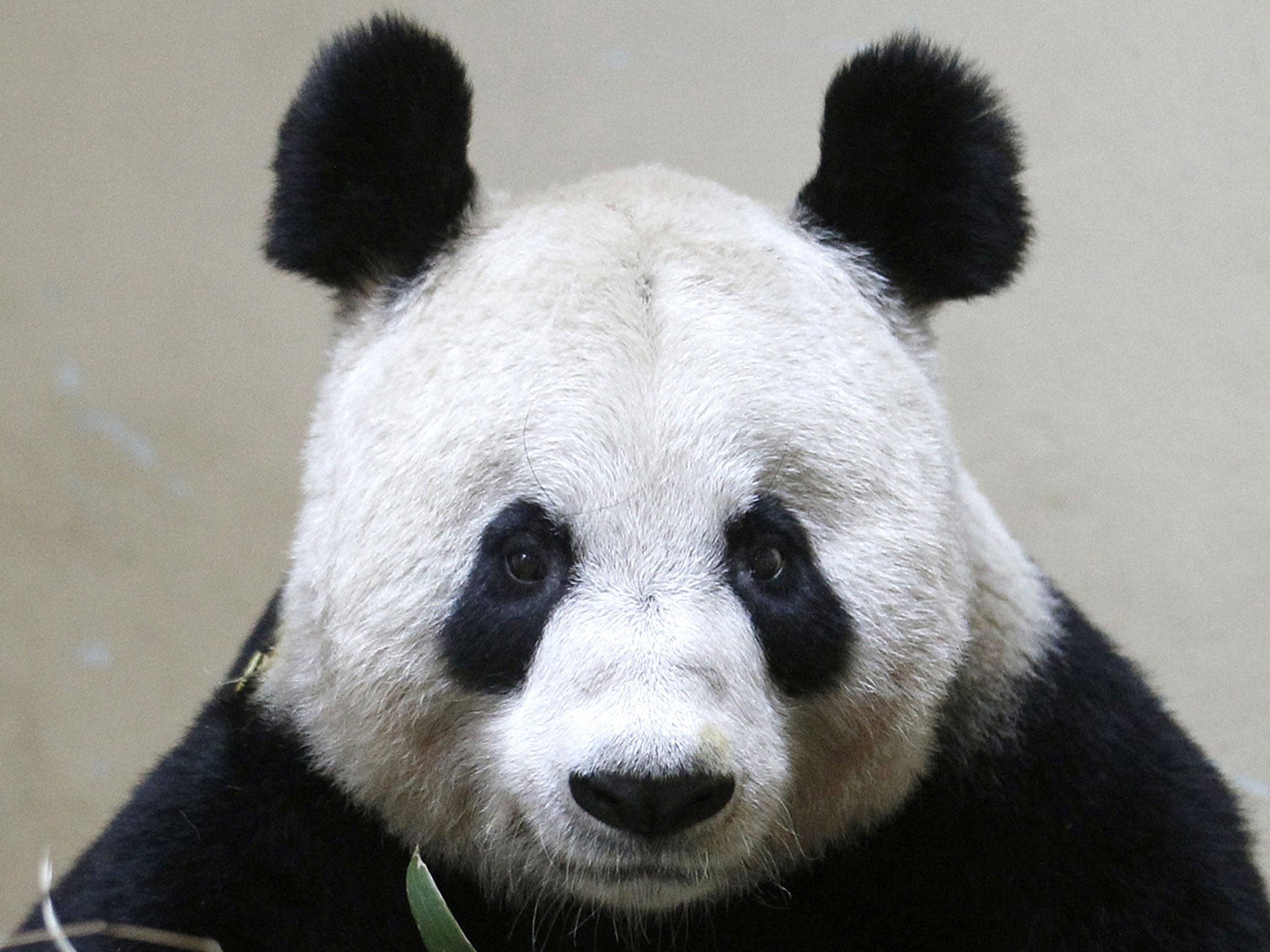Panda sex exposé: Why does the male struggle to perform his duty in captivity?
Roger Dobson gets the bear facts

Your support helps us to tell the story
From reproductive rights to climate change to Big Tech, The Independent is on the ground when the story is developing. Whether it's investigating the financials of Elon Musk's pro-Trump PAC or producing our latest documentary, 'The A Word', which shines a light on the American women fighting for reproductive rights, we know how important it is to parse out the facts from the messaging.
At such a critical moment in US history, we need reporters on the ground. Your donation allows us to keep sending journalists to speak to both sides of the story.
The Independent is trusted by Americans across the entire political spectrum. And unlike many other quality news outlets, we choose not to lock Americans out of our reporting and analysis with paywalls. We believe quality journalism should be available to everyone, paid for by those who can afford it.
Your support makes all the difference.For most us, the idea of having a panda looking on as we try to procreate is unlikely to be a turn-on. But for the male giant panda, this could be what they need. Potentially earth-shaking research suggests that male pandas, famous for their struggles in "shaping up", are much more attentive to females when exposed to the smell of a rival.
Giant pandas are an endangered species, with fewer than 2,000 left in the wild. Attempts to breed more in zoos have had limited success: only a quarter of adult males have mated naturally in captivity, and natural mating accounts for only about 40 per cent of successful breeding. No baby panda has been born in a British zoo, though there are hopes that Tian Tian, in Edinburgh Zoo, may be pregnant, thanks to artificial insemination.
Now, a study of 11 genetically unrelated adult males aged six to 17 years has found that male pandas may be more inclined to get going if they think there's a rival in the vicinity: "Our results suggest that exposing males to the odour of other males may be a useful technique to enhance captive breeding," say researchers from the China Conservation and Research Centre for the Giant Panda. "Exposure to male odours in the presence of oestrus females elicited a high level of investigation, indicating increased arousal in male giant pandas."
To date, 333 pandas have been born in captivity in 58 zoos around the world. During the breeding season in the wild, pandas use body smells to follow oestrus females, and compete with other males for first access to the females. In captivity, however, pandas are housed individually, and are not exposed to rivals during the mating season.
Despite popular opinion, pandas are actually considered rather promiscuous, because they mate with more than one partner. The trouble is, the female is only receptive to sex for a few days each year.
Join our commenting forum
Join thought-provoking conversations, follow other Independent readers and see their replies
Comments